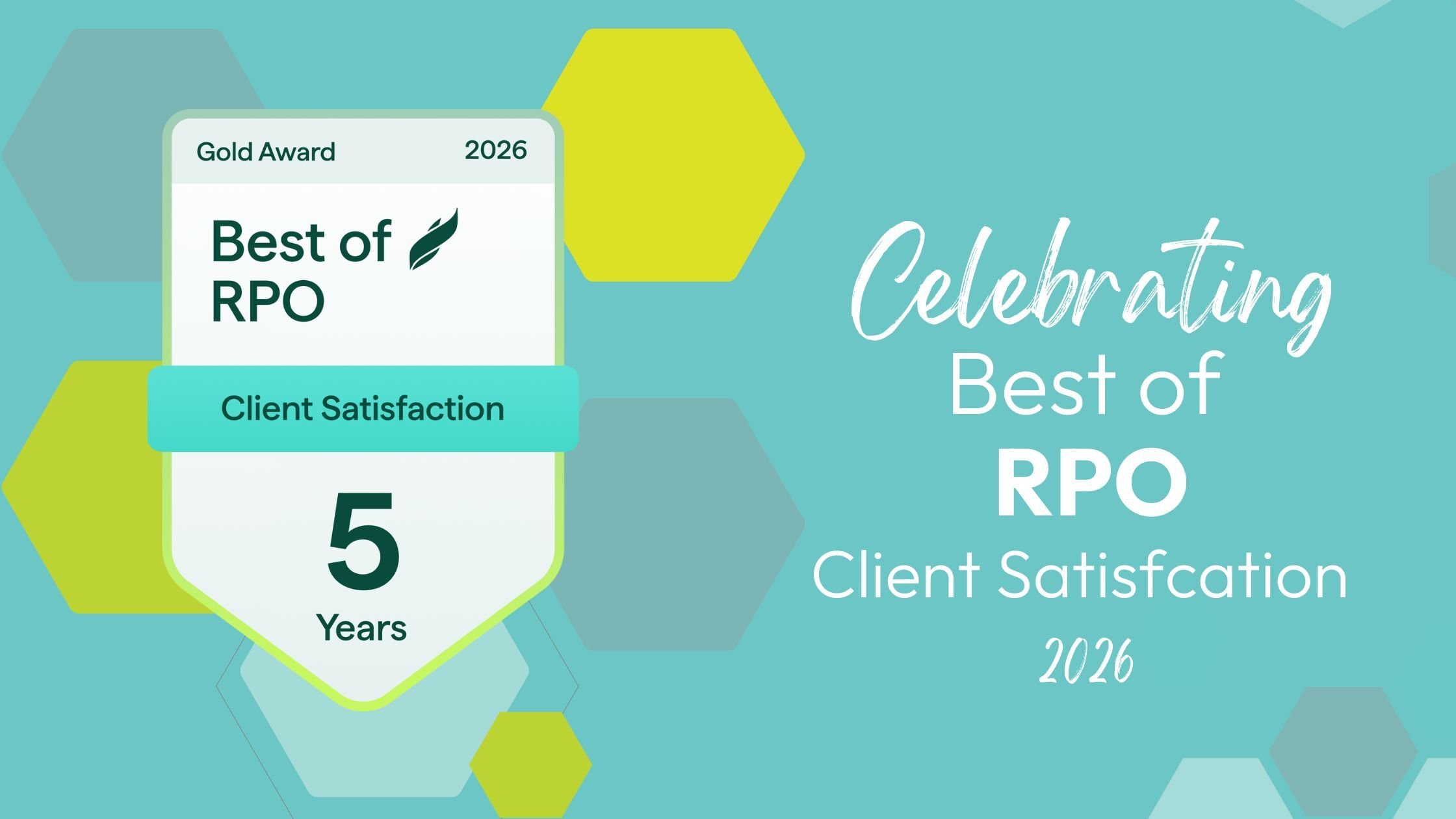 READ MORE
READ MORE
Hueman RPO Earns ClearlyRated's Best of RPO 2026 Award
ClearlyRated’s 2026Best of RPO Award We’re proud to share thatHueman RPO has once again been named a ClearlyRated Best of RPO...
- Topics:
- Recruitment Process Outsourcing
.jpg) READ MORE
READ MORE
What is Recruitment Process Outsourcing?
What is Recruitment Process Outsourcing (RPO)? Let's start with the basics. Recruitment Process Outsourcing (RPO) is a form of...
- Topics:
- Recruitment Process Outsourcing
 READ MORE
READ MORE
2025 Year in Review: Delivering People-First Results in Recruitment
2025 Year in Review Delivering People-First Results in Recruitment At Hueman RPO, people are the heart of every company, and...
- Topics:
- Recruitment Process Outsourcing,
- Talent Acquisition Strategy,
- Recruiting,
- Human Resources,
- Talent Management
-3.jpg) READ MORE
READ MORE
How Core Competencies Drive Better Interviews and Stronger Hires
How Core Competencies Drive Better Interviews and Stronger Hires Great hiring starts with clarity, and nothing brings more...
- Topics:
- Recruitment Process Outsourcing,
- Talent Acquisition Strategy
 READ MORE
READ MORE
The Hidden Signs of a Difficult Recruitment Experience And The Causes
Does your hiring process seem more complicated than it needs to be? Are recruiters spending more time chasing candidates than...
- Topics:
- Talent Acquisition Strategy,
- Recruiting,
- Recruitment Marketing,
- Talent Management
 READ MORE
READ MORE
How AI in Recruiting Is Revolutionizing Talent Acquisition
How AI in Recruiting Is Revolutionizing Talent Acquisition The Challenge: Overcoming Barriers to Effective Recruiting Across...
- Topics:
- Talent Acquisition Strategy,
- Recruiting
 READ MORE
READ MORE
Empowering Veterans Through Purpose-Driven Recruitment
Hiring the right people is critical to any organization’s success—and veterans are among the most valuable candidates in today’s...
- Topics:
- Talent Acquisition Strategy,
- Talent Management,
- Culture & Diversity
 READ MORE
READ MORE
Effective Recruiting Strategies During Economic Uncertainty
Economic slowdowns and rising costs have made workforce planning increasingly complex. U.S. job growth has cooled sharply, with...
- Topics:
- Recruiting
 READ MORE
READ MORE
AI Candidate Screening: Common Pitfalls and How to Avoid Them
Artificial intelligence is reshaping talent acquisition, offering speed, scale, and efficiency that traditional recruiting...
- Topics:
- Talent Acquisition Strategy,
- Recruiting
 READ MORE
READ MORE
RPO Transition Guide: How to Switch RPO Providers Seamlessly
When your RPO partner no longer meets the mark, whether it's missed SLAs, stagnant strategies, or poor candidate experiences,...
- Topics:
- Recruitment Process Outsourcing,
- Talent Acquisition Strategy,
- Recruiting



